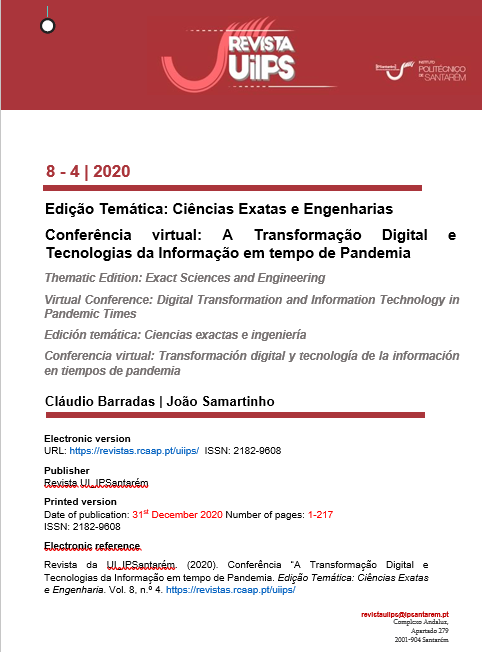Project - Young learners Embrace Social Inclusion and Social Involvement
DOI:
https://doi.org/10.25746/ruiips.v8.i4.21992Keywords:
children's rights, democracy, equity, inclusion, responsible citizenshipAbstract
The "Young learners Embrace Social Inclusion and Social Involvement" (YESI) project is meant to teach pupils aged 6 to 11 about human rights and children's rights, to be open-minded, to value all people regardless of the differences and to get the initial skills of being active members of the communities they live in. The project will design a Teacher's Toolkit aimed at supporting primary school teachers and will comprise a Handbook (a step-by-step guide leading the teachers through 36 training sessions) and a Digital Tool (a collection of supporting multimedia resources specially designed for the project).The training methodology is based on non-formal educational approaches. Teachers and pupils will provide feedback which will be considered for upgrading the Teacher's Toolkit within the project life cycle. The project outputs have a good potential for sustainable use after the end of the project through the planned Erasmus+ KA1 training course and eTwinning projects.
Downloads
Published
How to Cite
Issue
Section
License
Authors publishing in this journal agree to the following terms:
Authors retain copyright and grant the journal the right of first publication, with the article simultaneously licensed under the Creative Commons Attribution License that allows sharing of the work with acknowledgement of authorship and initial publication in this journal.
Authors are permitted to enter into additional contracts separately for non-exclusive distribution of the version of the article published in this journal (e.g., publish in an institutional repository or as a book chapter), with acknowledgment of authorship and initial publication in this journal.
Authors have permission and are encouraged to publish and distribute their work online (e.g., in institutional repositories or on their personal webpage) at any point before or during the editorial process, as this may generate productive changes, as well as increase the impact and citation of the published work.



